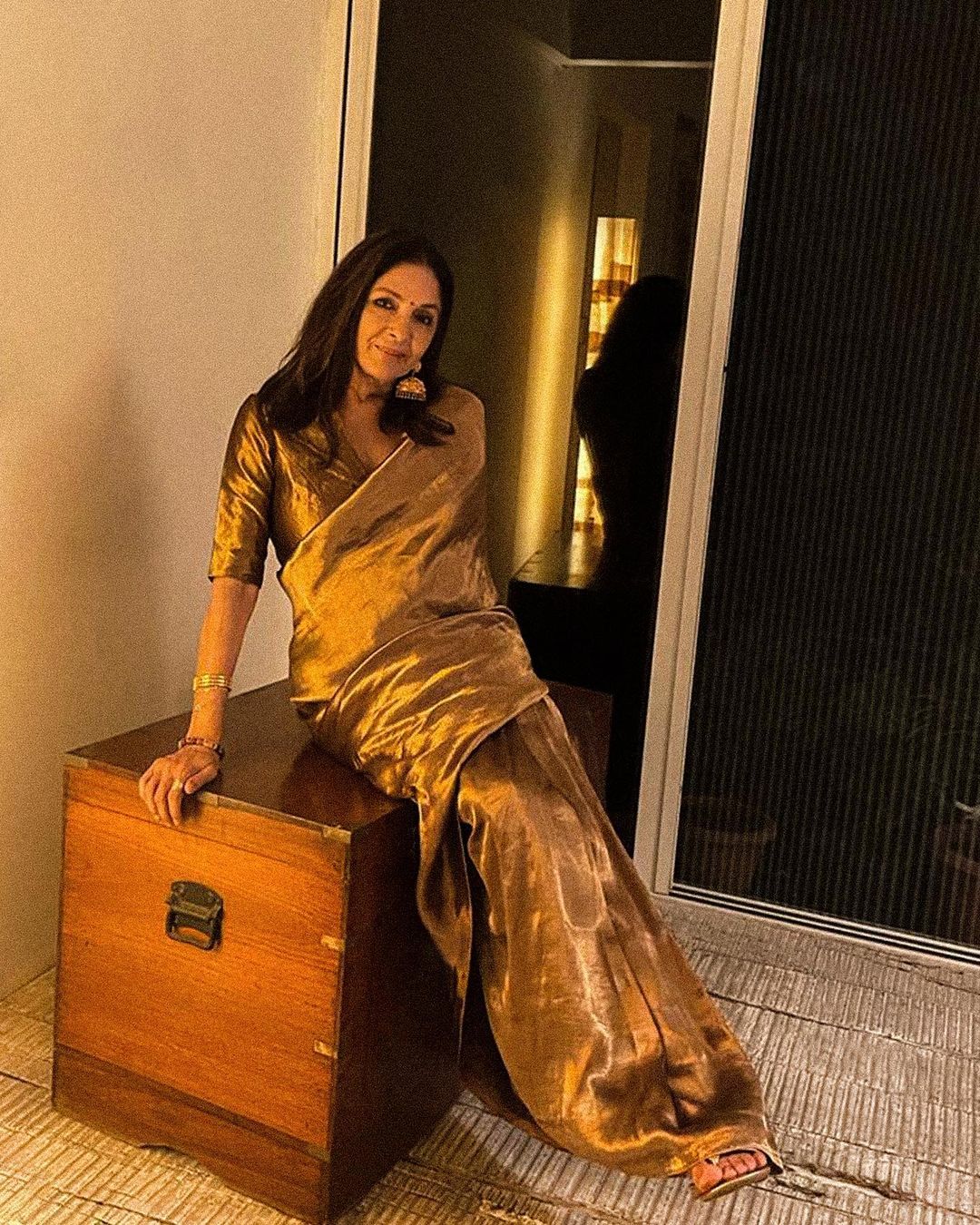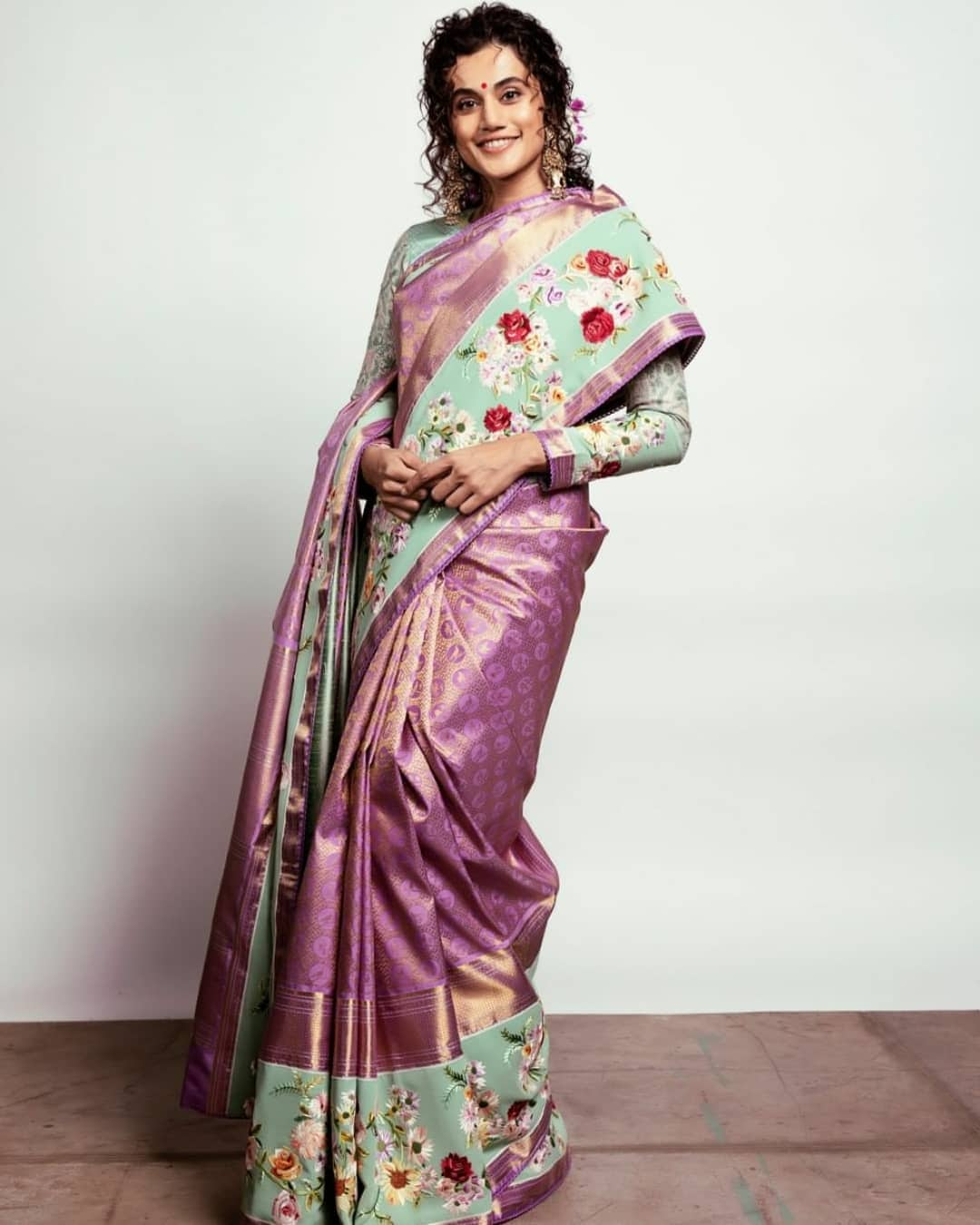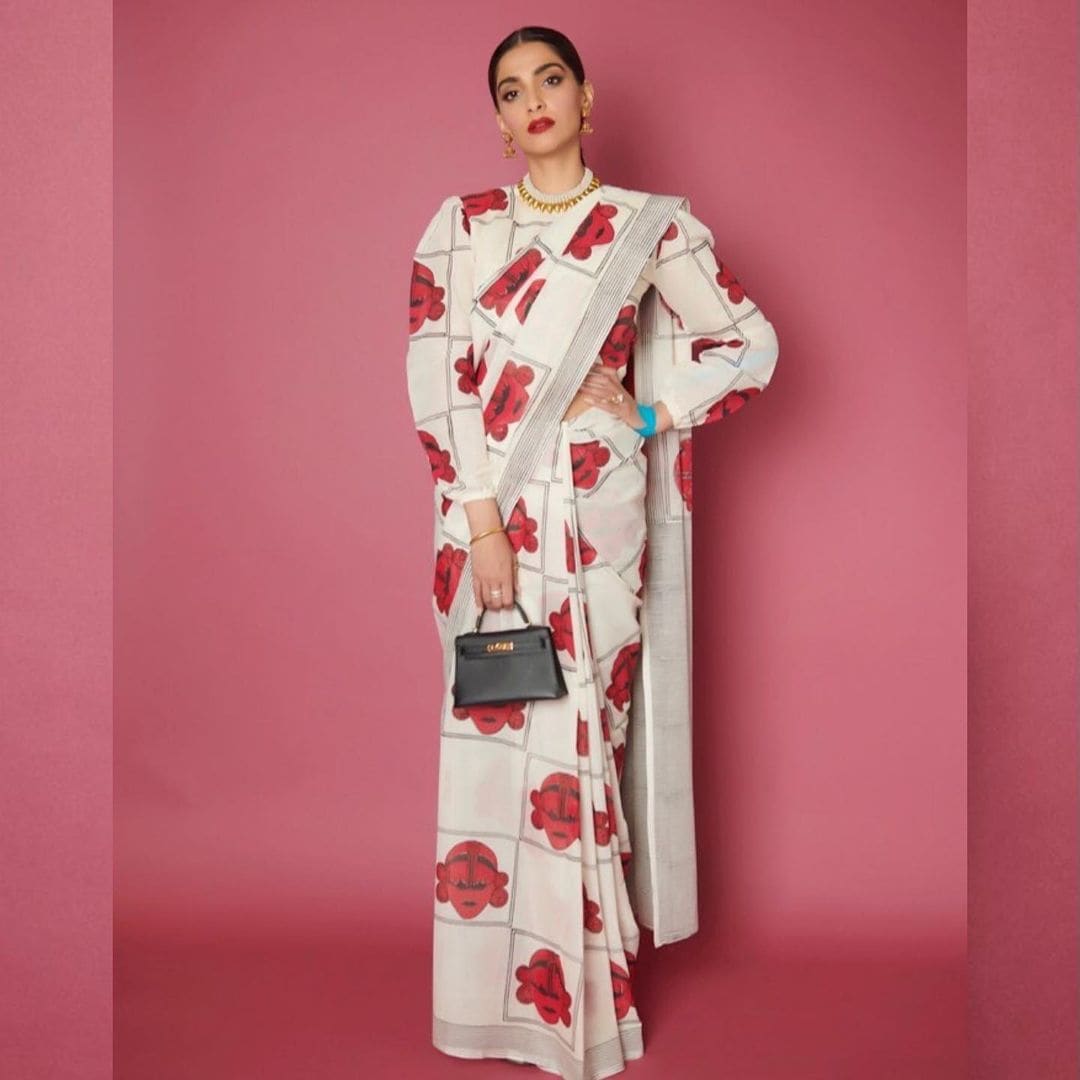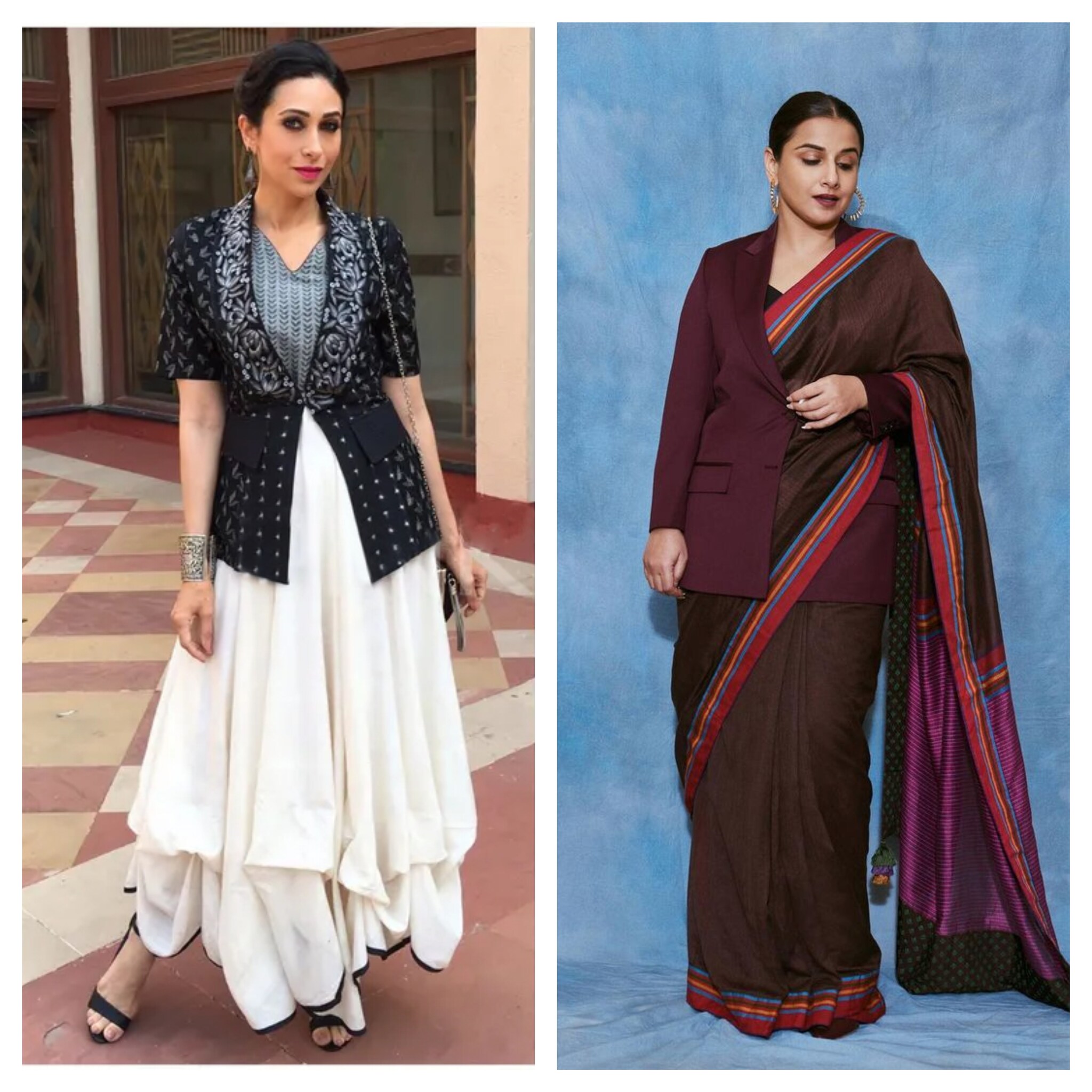It was in 2015, when Prime Minister Narendra Modi announced August 7 as National Handloom Day, a day to celebrate and honour India’s handloom weaving community. India as a country is rich in culture and craftsmanship and the fashion industry over the years has also played an integral role in reviving age-old crafts with a contemporary twist.
“India has an unsurpassed legacy of weaves, textiles, and craft. Each region has something distinct and unique to offer with a deep historical and geographical significance. From lush brocades, Benarasi, Tanchoi, Kanjeevaram crafted out of pure metallic threads to folk tales exquisitely crafted in fabric like Sambhalpuri, Paithani to basic rural weaves like Khand and Tangail, Brand India has a to offer,” expresses fashion designer Shruti Sancheti.

With an array of Indian fashion designers honouring handloom fabrics in their collection, the craft has also seen many celebrities adorn it with elan too. Recently, actor Neena Gupta looked like royalty draped in a beautiful gold Varanasi silk brocade sari designed by Raw Mango. The brand’s relationship with handloom began in 2008 and has been able to sustain and create new conversations in textile through a range of exquisite saris and garments. Under the tutelage of textile designer Sanjay Garg, the brand works with karigars across Rajasthan, Madhya Pradesh, West Bengal, and Varanasi.

For fashion designer Sreejith Jeevan, while the sarees may move across genres varying from quirky to the classic, the weavers remain the same. So does the technique and the beauty of a Kerala handloom saree. And that is the aim of it all, to be able to give the weavers many more reasons to weave. According to Sreejith, his work resonates with a society of women weavers from Chendamangalam – a cluster that revived itself from the floods of 2018 to being self-sufficient in 2022. It was a slow but steady transition and one that we are happy to have been a part of with the #care4chendamangalam initiative.

Renowned fashion designer Jebin Johny took to handloom after he visited a weaver’s home in Kuthampully, Kerala. “Even though I am a Malayali I never valued Kerala Handloom. I started researching about it one day and later visited one weaver family from Kuthampully. I went to their home, sat with them, and learned about their techniques. They take one day to make a Kerala cotton saree. And they get paid less than Rs 250. They wanted to stop weaving, but they are not able to do so because this is the only profession they could rely on,” expresses Jebin, adding, “Because they have been weaving since their early teens. Their body doesn’t allow them to take up any other jobs. That was the moment I decided that I am going to work with weavers for my brand by paying them the fair wages that they deserve. And it’s been more than 5 years since I started working with the weavers.” Today, Jebin’s creations are worn by mainstream celebrities including Sonam Kapoor, Karisma Kapoor, Mouni Roy, Vidya Balan to name a few.

For Anushree Parekh, it is all about celebrating Indian crafts in modern designs. From capes to kurtas, there’s an array of designs to experiment with. “The classic Banarasi woven lehengas in bright colours which are woven in Banaras by our extremely talented weavers who are now giving a contemporary touch to their heirloom art. Another favourite are the Jamdani weaves, which are created with an intricate weaving technique in West Bengal – the weaves now have more geometric patterns and contemporary designs which make beautiful vibrant kurtas,” says Anushree.
She further adds, “ And last but not the least, the most favourite Chanderi. The softness and lushness of this fabric makes it an essential for all, produced by weaving silk and golden zari in cotton yarn that results in the creation of a shimmery texture.”

Shruti Sancheti is of the opinion that India is one of the countries where weaving as a tradition is still intact and the global design community is totally fascinated by the craft India has to offer and Indian designers have direct access to these beautiful timeless crafts and should encash on our heritage rather than looking at the west. “We as a brand have learnt a lot and as they know their crafts better than anyone else, all we offer is better design solutions with better thread counts, contemporary motifs and relevant colour schemes. All we do is modify their superior techniques to the current scenario and market it. Thus, I feel we Indian designers should encash on our legacy and make these textiles global,” adds Shruti Sancheti.
Read the Latest News and Breaking News here























